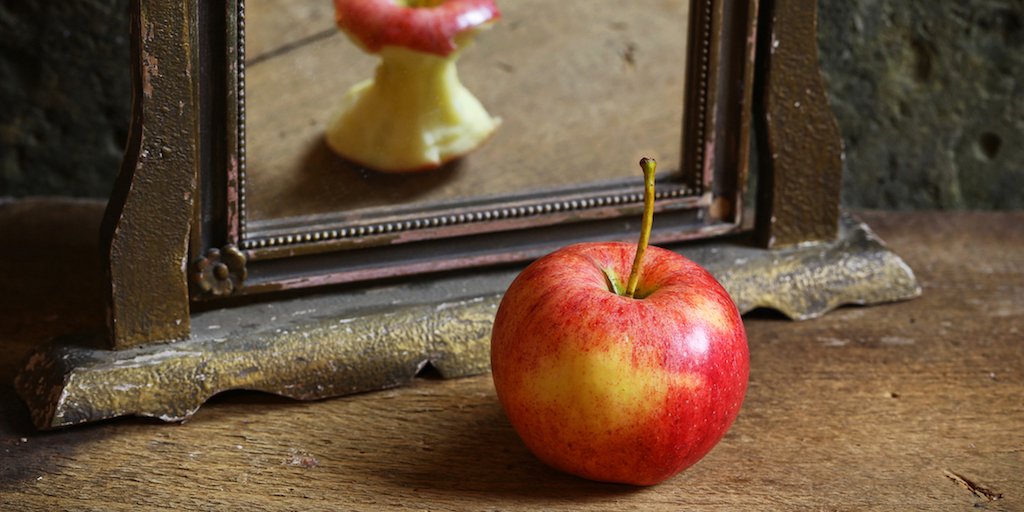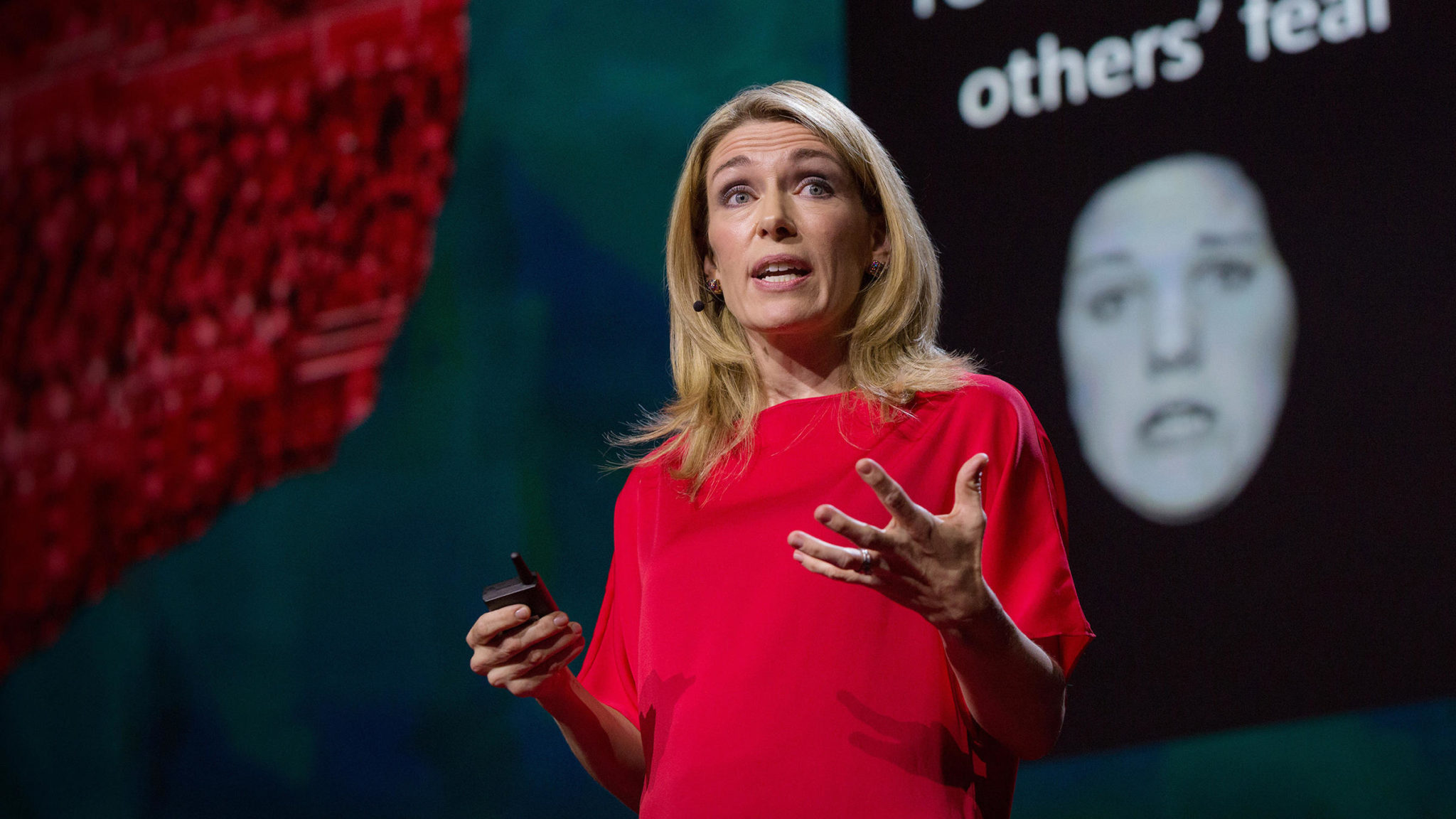Neuropsych
All Stories
A new study shows that “magical thinking” can be reduced by presenting and processing information in a second language.
A previously unknown species – single people – has recently been discovered.
Here are four great brains from great minds, and how they differ from yours.
Social observers are particularly attuned to braggadocio. What do you think of a person who claims to be a better driver, performer or lover than average? Is this person better […]
Boredom has benefits. New research finds that device-free solitude deactivates high arousal emotions while reducing stress and promoting relaxation.
Everyone thinks they know how to make their brain more creative and have better ideas.
▸
4 min
—
with
Most marriages end in resentment. Why should longevity be the sole marker of a successful marriage?
Our empathy is getting better, but universal? No way.
A new study explains why some people seem to be better than others at ridding their minds of intrusive thoughts.
The idea is just as ‘crazy’ as Einstein telling us that time slows down at high speeds, or Darwin saying that our ancestors were apes.
The question isn’t “are you happy”… but rather “what kind of happy are you”?
Are you scared—of flying, the dark, anything? Or are you scared about not being in total control of the situation?
▸
7 min
—
with
A new study shows that adult dogs can learn to distinguish generous and selfish people, but puppies can’t.
Two meditation pioneers, Daniel Goleman and Richard J. Davidson, answer that question in their new book, Altered Traits.
Scientists realize that fish are sentient and intelligent, though unfortunately, they also get depressed.
Since hope appears to come from a physical place in the brain, scientists are hoping to figure out how it shields the rest of the brain from negativity. Really.
How do people with a split brain continue to function as a single human being?
It seems intuitive that the best way to interpret how others are feeling would be to both see and hear how they’re behaving. However, a new study suggests that’s dead wrong.
Denying the possibility of immoral actions may be the very basis of our society.
Acupuncture has a bad rap in the scientific community, but can modern brain scanning techniques redeem it?
A new study overturns the conventional thinking about how we focus our visual attention.
When you see Nazis in the streets chanting things like “Jews will not replace us,” it can be difficult to comprehend why they would believe such horrid things.
Have you heard the one about the U.S. Open and Yom Kippur? You’re about to.
▸
5 min
—
with
You’ve heard that “perception is reality.” Well, it’s not. It might even be a hallucination.
The discovery of a neuron in the brain that acts as the “master controller” of habits could someday change the way we treat addiction and compulsive behaviors.
Frank Ostaseski is a Buddhist teacher and leading thinker in end-of-life care. This is what he’s learnt about appreciating life while you have it, and being truly present.
Some anxieties are essential, and for millennia they kept our ancestors alive. But there’s another type of anxiety that we can actually do away with—and it’s defeated via hope.
▸
3 min
—
with
The science of selflessness.
This conceptual framework is the most advanced representation of human emotions to date.





























